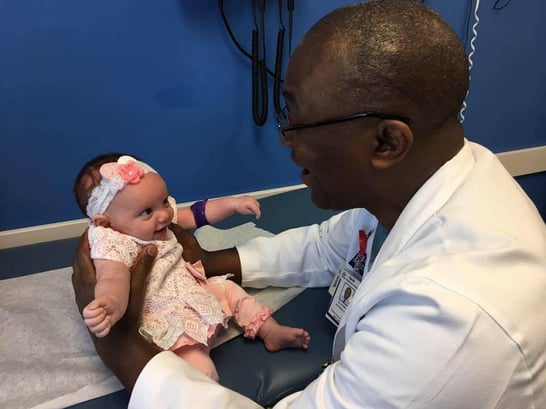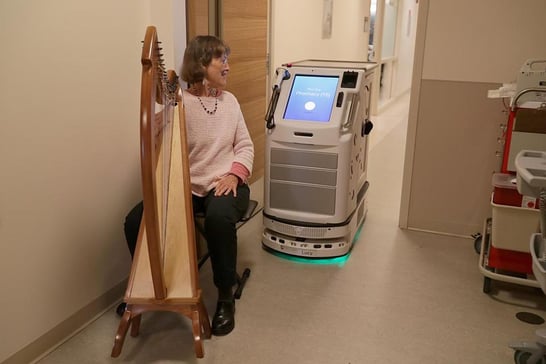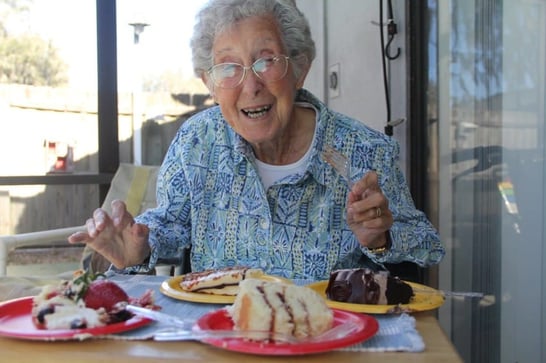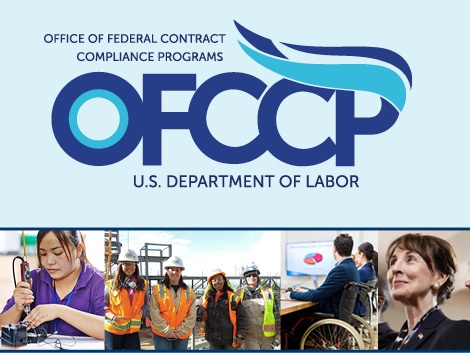
Infusion nurses are registered nurses who specialize in administering medications and fluids via infusion. They monitor patients, manage their tubing, maintain arterial catheters and stay aware of potential drug complications. It’s a unique specialty, requiring high levels of technical skill and excellent bedside (or in many cases with infusion nursing, “chairside”) manner.
For nurses who are looking for a career change or students planning their next step after graduation, infusion nursing is a promising option. It’s also an increasingly popular specialty. According to Healthcare Traveler, the demand for infusion nurse services is expected to rise 26 percent by 2020, due in part to new medical technologies, the aging of America and several anticipated cost-saving initiatives required by the Affordable Care Act.
Flexibility, adaptability and quick thinking are keys to excelling in the ever-evolving world of infusion nursing, where nurses must be prepared to both work autonomously and be a part of interdisciplinary teams.
“Although it’s a difficult specialty, the most important characteristic of infusion nursing is a strong sense of compassion,” said Linda Ankrom MSN, MHA, RN, an infusion nurse in Pittsburgh, Pa. “If you have the passion to care for others, the rest can be taught. The skills can be developed, and nurse mentors will guide you along your career, but the most important thing is that you’re truly invested in being a nurse and caring for others.”
Infusion nurses have a particular opportunity to work closely with patients and their families during difficult, sometimes painful, parts of their treatment. Ankrom notes a big part of the infusion nursing role is to educate patients and their families about their care. It requires translating complicated medical knowledge into terms that patients (even pediatric patients) can understand. Ankrom often encourages her nurses to open up to their patients in order to develop a stronger relationship.
“Nurses are not trained to talk about themselves, but I always tell my nurses to talk to their patients,” she said, “Tell them about where you are from, what you’ve studied and even what experiences you many have had with being an infusion patient yourself. These stories help build a relationship with the patient.”
Infusion nurses practice in any setting where patients receive medication or fluid infusion treatments, including hospitals, long-term care centers, clinics and home health agencies. During her career, Ankrom has worked in many of these settings, but currently works in an outpatient clinic. Outpatient clinics can be a valuable option for patients with an ongoing condition that requires regular infusion treatments.
“One of the benefits of an outpatient setting is the disease doesn’t become my patient’s entire life,” said Ankrom. “They can get treatment and be home in time for after-school activities. For people with chronic illness, having to constantly go in and out of the hospital can be very demanding. An outpatient clinic helps them have more control over their care.”
After nearly 20 years of practicing nursing, Ankrom still lights up about her chosen specialty.
“There’s a million rewards to being an infusion nurse, but the number one thing is bringing a sense of calm, peace and hope to a patient.”
To learn more about infusion nursing, check out Ankrom’s interview in the Campaign’s new “Day in the Life” video below or her interview on Nursing Notes Live.



 Imagine being able to say you were born twice, in fact, you had your first surgery before you were born as well.
Imagine being able to say you were born twice, in fact, you had your first surgery before you were born as well. 
 Technology continues to make strides in both our professional and personal lives. This article is about a robot that’s being tested to deliver medication to chemo patients, thus eliminating the step of having to wait in line for medication after a very lengthy day of chemo. This is a new technology being tested at Dana Farber Cancer Institute and patients are enthusiastic about it.
Technology continues to make strides in both our professional and personal lives. This article is about a robot that’s being tested to deliver medication to chemo patients, thus eliminating the step of having to wait in line for medication after a very lengthy day of chemo. This is a new technology being tested at Dana Farber Cancer Institute and patients are enthusiastic about it. Science and Nursing have always gone hand-in-hand. You can’t be a Nurse without taking all of those science classes. Do you know you can be a Nurse and work as a researcher? Perhaps there’s a malady you want to learn more about and in researching it, you find new discoveries that will help eradicate it.
Science and Nursing have always gone hand-in-hand. You can’t be a Nurse without taking all of those science classes. Do you know you can be a Nurse and work as a researcher? Perhaps there’s a malady you want to learn more about and in researching it, you find new discoveries that will help eradicate it.

 We here at DiversityNursing.com have the greatest respect and appreciation for what Nurses do in their profession every day. We value your education, experience, compassion, kindness, great advice and appreciate you being there when your patients need you. The healthcare system couldn’t exist without Nurses. You make the hospitals, clinics, out-patient centers, schools and insurance companies be able to do what they are in business to do. In short… you are amazing!
We here at DiversityNursing.com have the greatest respect and appreciation for what Nurses do in their profession every day. We value your education, experience, compassion, kindness, great advice and appreciate you being there when your patients need you. The healthcare system couldn’t exist without Nurses. You make the hospitals, clinics, out-patient centers, schools and insurance companies be able to do what they are in business to do. In short… you are amazing! It’s fascinating how people’s minds work. Some people take something that is very complicated to most, and break it down in very simple terms so it’s easy to understand. And some people see a problem and figure out a way to fix it or make what currently exists better. Right now, we’re hearing about Nobel prize winners who have done something amazing in their field. There are also young people doing very interesting things to help their fellow man as well.
It’s fascinating how people’s minds work. Some people take something that is very complicated to most, and break it down in very simple terms so it’s easy to understand. And some people see a problem and figure out a way to fix it or make what currently exists better. Right now, we’re hearing about Nobel prize winners who have done something amazing in their field. There are also young people doing very interesting things to help their fellow man as well. Perhaps you work the 3
Perhaps you work the 3
 After 13,000 miles and 75 locations in 32 states, Norma – the 91-year-old Nurse who chose to take a road trip instead of spending her last days undergoing chemotherapy – has passed away. This fun loving lady lived the last year of her life in an Airstream trailer with her therapy poodle Ringo, enjoying the sights of our lovely nation. Keep reading to learn more about Norma and see photos from her journey!
After 13,000 miles and 75 locations in 32 states, Norma – the 91-year-old Nurse who chose to take a road trip instead of spending her last days undergoing chemotherapy – has passed away. This fun loving lady lived the last year of her life in an Airstream trailer with her therapy poodle Ringo, enjoying the sights of our lovely nation. Keep reading to learn more about Norma and see photos from her journey! 

 Everywhere she went, Bauerschmidt — often called “Miss Norma” who was in a spoof on the film Driving Miss Daisy — made sure to share her infectious smile and enthusiasm for life with everyone she met.
Everywhere she went, Bauerschmidt — often called “Miss Norma” who was in a spoof on the film Driving Miss Daisy — made sure to share her infectious smile and enthusiasm for life with everyone she met.

 We were reading this information about the latest OFCCP rules and regulations and thought it would be useful information for you. One of the key areas has to do with your outreach and recruitment efforts. An OFCCP officer can request documentation that proves you are actively doing everything you can to identify and recruit minorities to your workplace. They can request specific details such as where you posted your open positions; how often these positions were posted; and costs involved as they relate to recruiting minority candidates. Should you be audited, it is imperative that you’ve kept excellent records of all your recruiting communications.
We were reading this information about the latest OFCCP rules and regulations and thought it would be useful information for you. One of the key areas has to do with your outreach and recruitment efforts. An OFCCP officer can request documentation that proves you are actively doing everything you can to identify and recruit minorities to your workplace. They can request specific details such as where you posted your open positions; how often these positions were posted; and costs involved as they relate to recruiting minority candidates. Should you be audited, it is imperative that you’ve kept excellent records of all your recruiting communications.